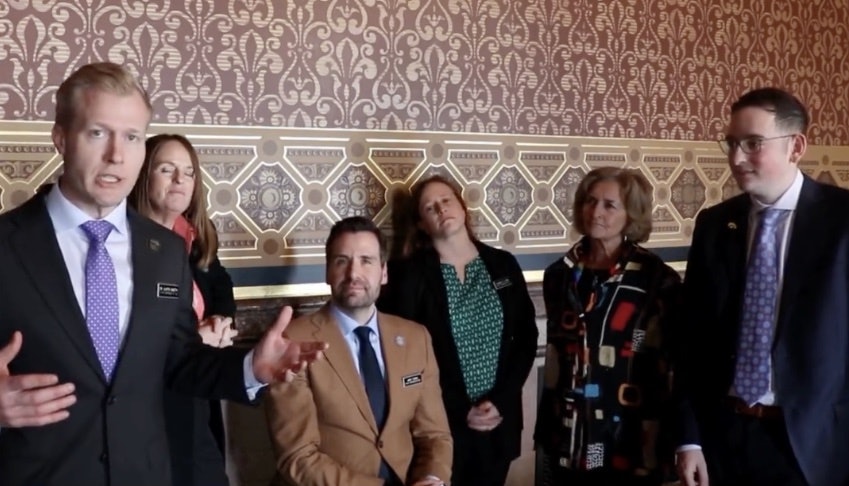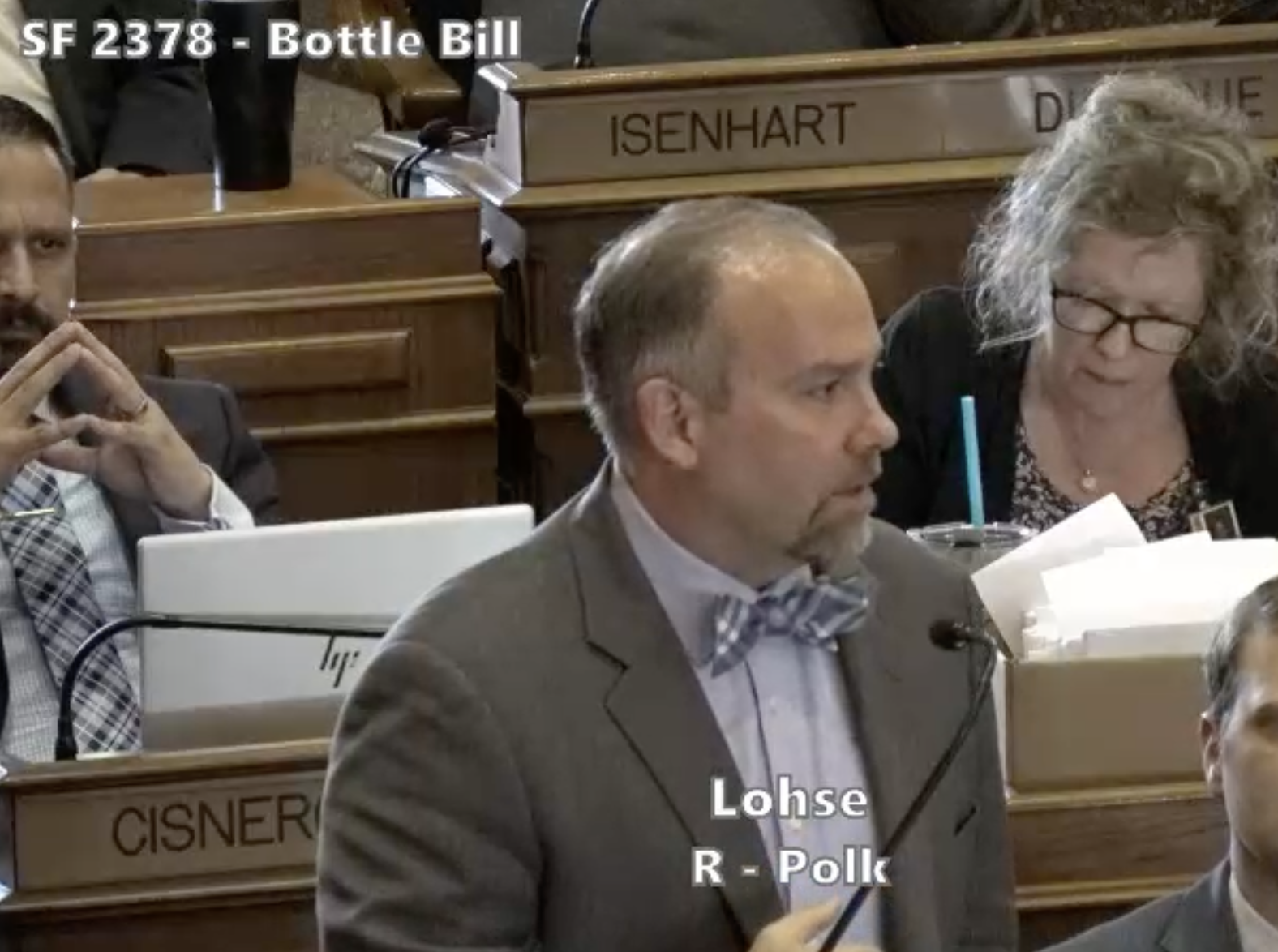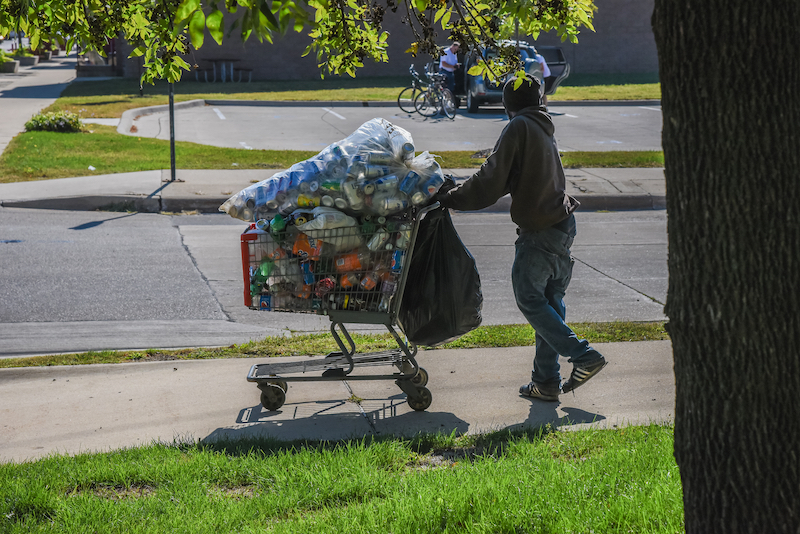I supported the Culver administration’s efforts to expand the bottle bill, even though I disagreed with some aspects of the bill the governor submitted to the legislature this year.
That said, this story from the Sunday Des Moines Register was troubling:
Word came from the lieutenant governor: If gambling lobbyists didn’t help deliver the bottle bill, they were likely to see the death of a much-coveted bill that would provide a financial advantage for casinos.
The behind-the-scenes maneuvering in the Legislature illustrates the political capital Gov. Chet Culver’s administration was willing to spend on the bottle bill – even if it caused lobbyists angst.
Some gambling lobbyists said it would be awkward, and possibly unethical, to lobby for a bill in which their clients either had no stake or had conflicting interests, and they declined to do it.
[…]
Lt. Gov. Patty Judge is unapologetic about asking gambling lobbyists for their help with the bottle bill, even though it caused turmoil in the rotunda. “I talked to a lot of people about that and asked for their help, and I will sure admit that,” Judge said. “I asked anybody within my earshot to help me with the bottle bill.”
She said she did not consider her request to the gambling lobbyists an ultimatum.
Judge’s spokesman, Troy Price, said: “There was never a ‘You do this or else.’ That was never issued.”
If this article is accurate, then what Judge did does not sit well with me.
We all know that “you pass my bill and I’ll pass yours” is a normal way of conducting business in any legislature. I don’t like drawing lobbyists into this practice, though. They should not weigh in on issues that have no bearing on their clients.
In fairness to Judge or anyone else in the Culver administration who may have been on board with this strategy, it’s clear that Iowa legislative leaders are not going to expand the bottle bill just because it’s the right thing to do. (For more on why adding a deposit to more types of beverage containers would be good for the environment, check out the website of the Container Recycling Institute.)
It’s also clear that the broad bipartisan public support for expanding the bottle bill is not enough to overcome the resistance from the grocery and bottling industries.
It says a lot about our Democratic leadership in the legislature if Judge or others thought the only way to counteract the influence of certain industry lobbyists was to enlist other lobbyists to support the bottle bill.
Democrats should be willing to expand recycling programs without needing that kind of a push.
Continue Reading...



